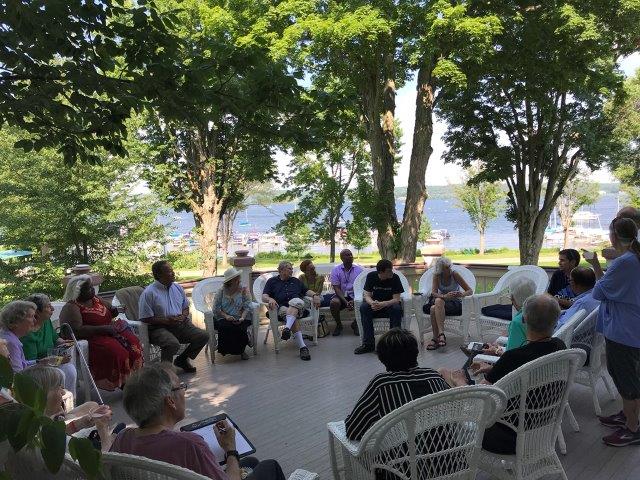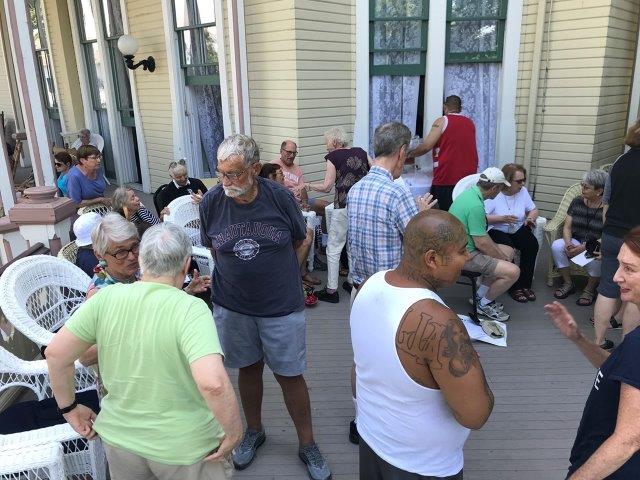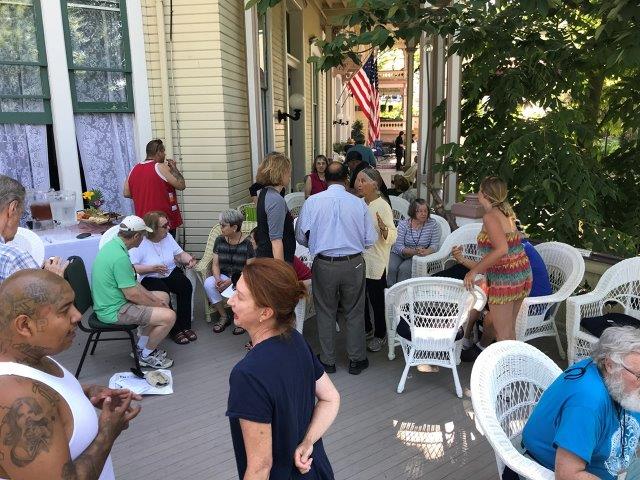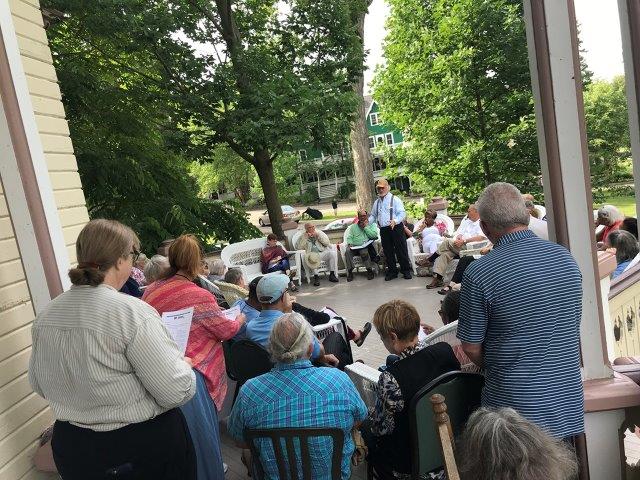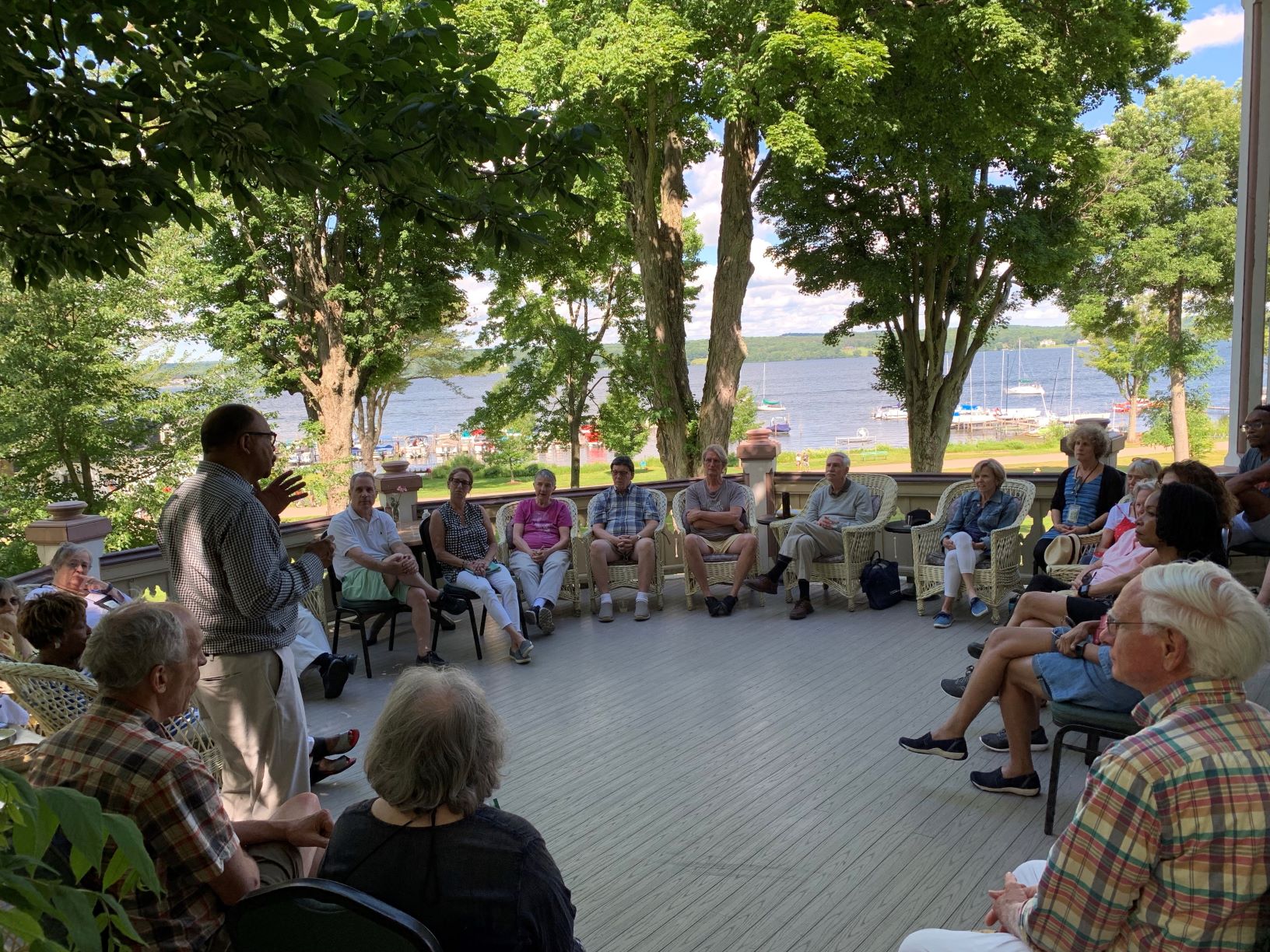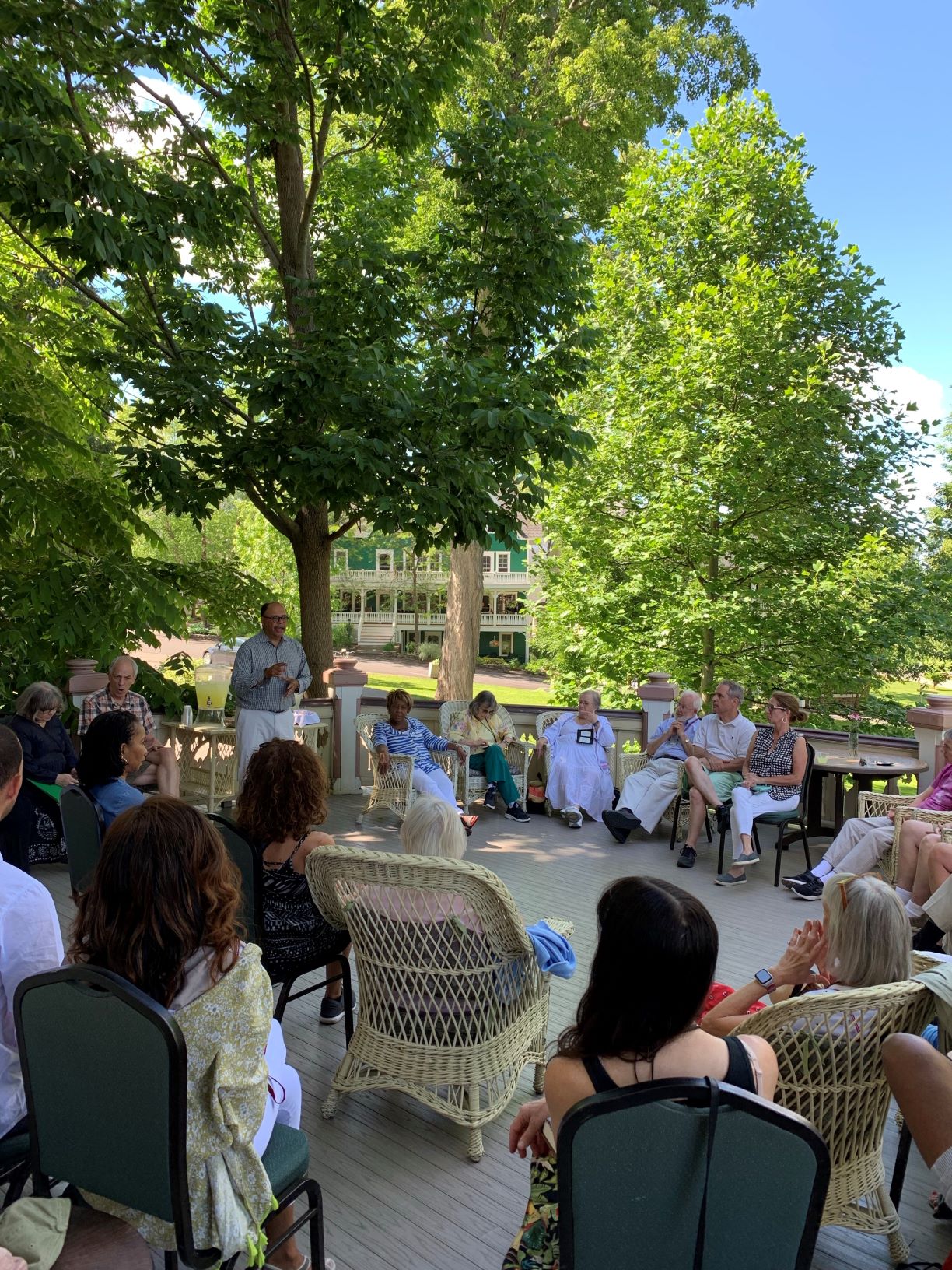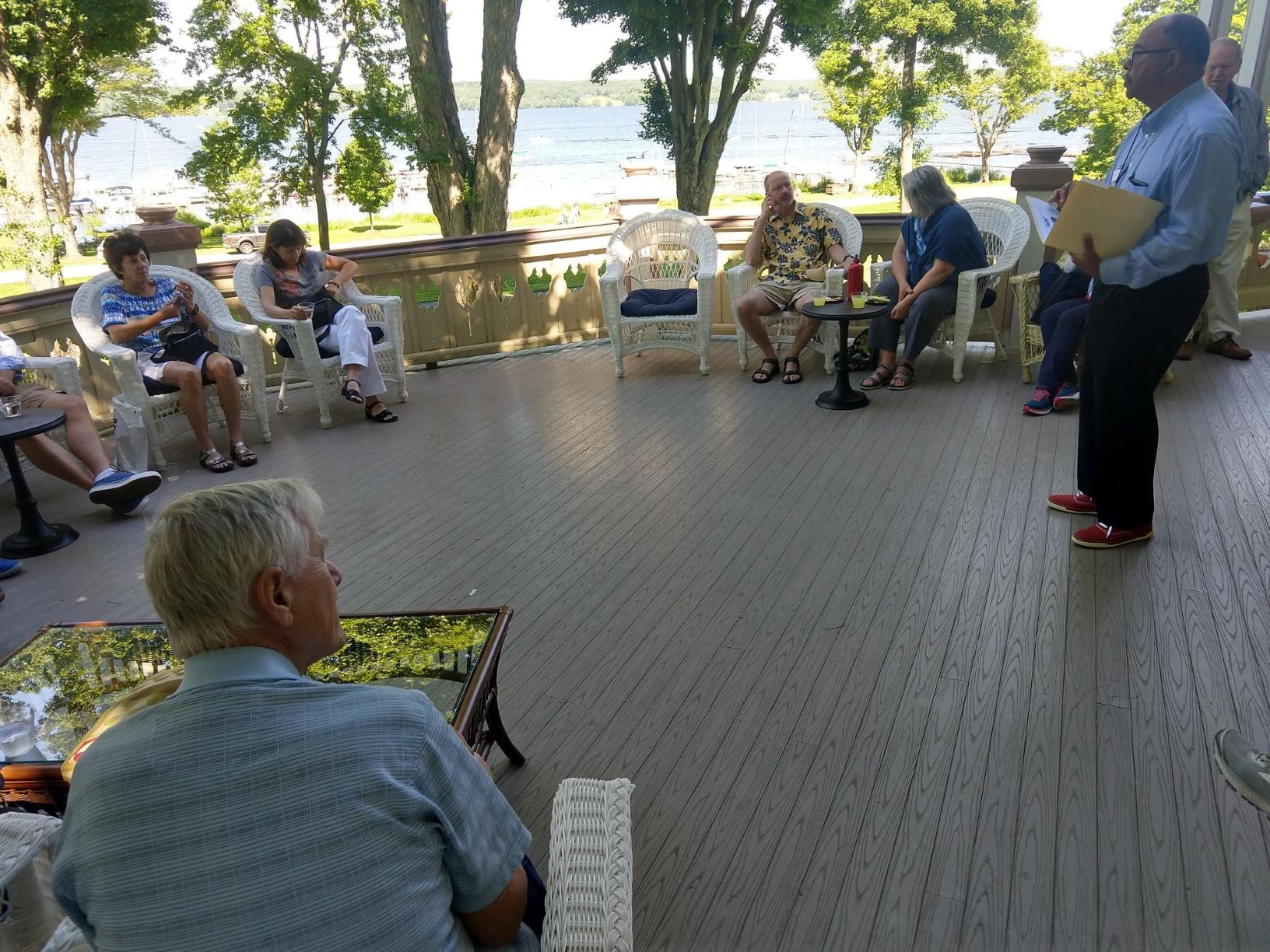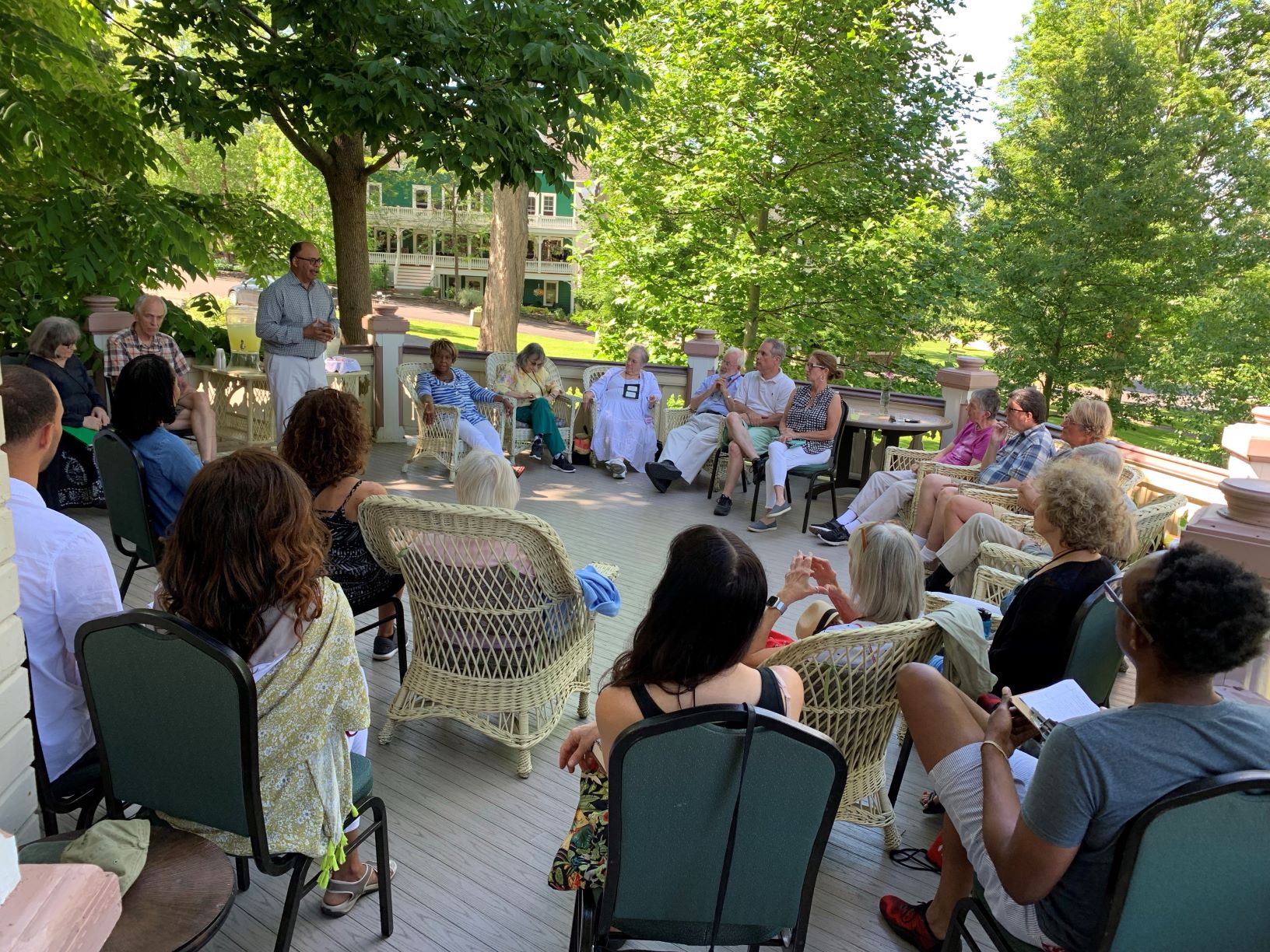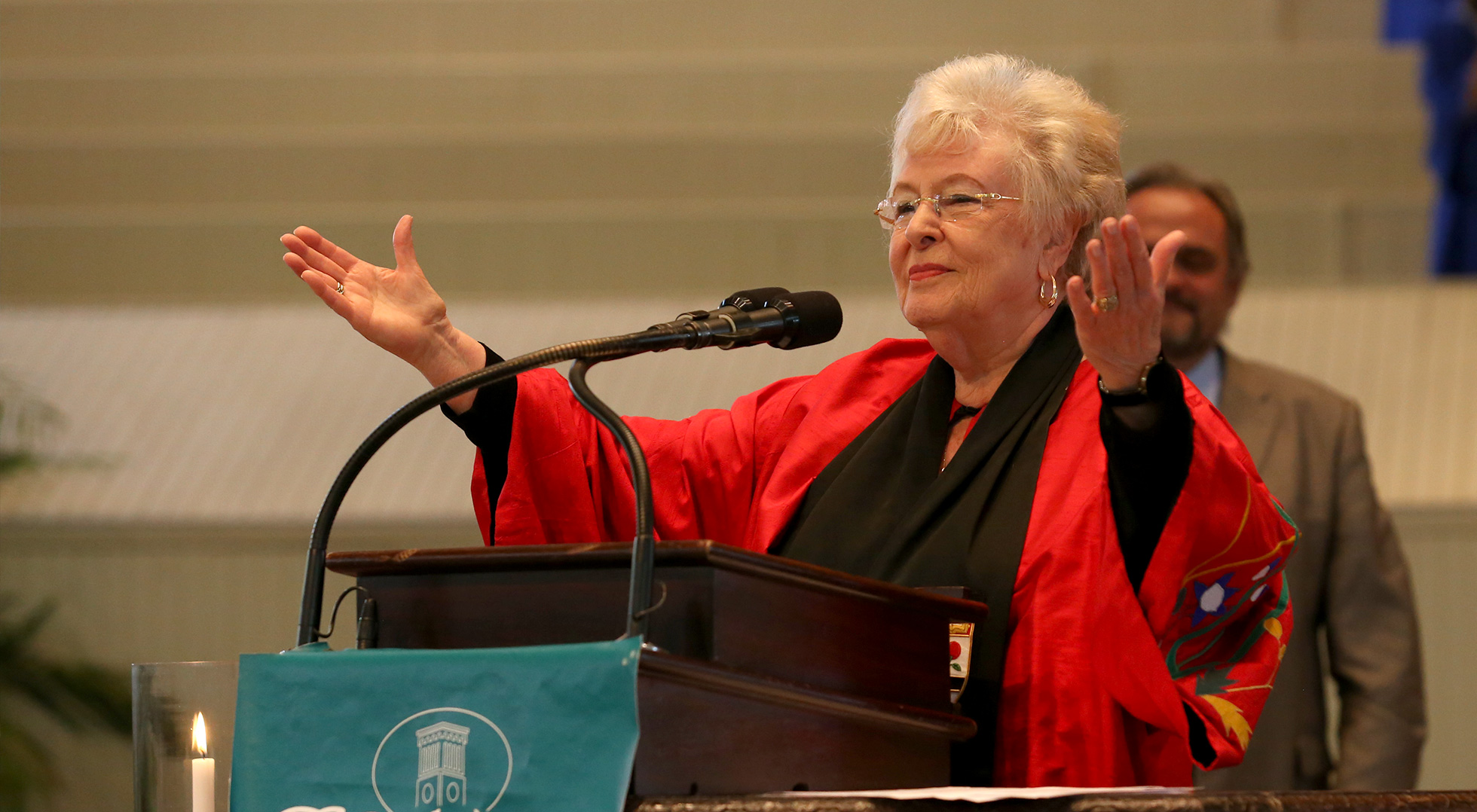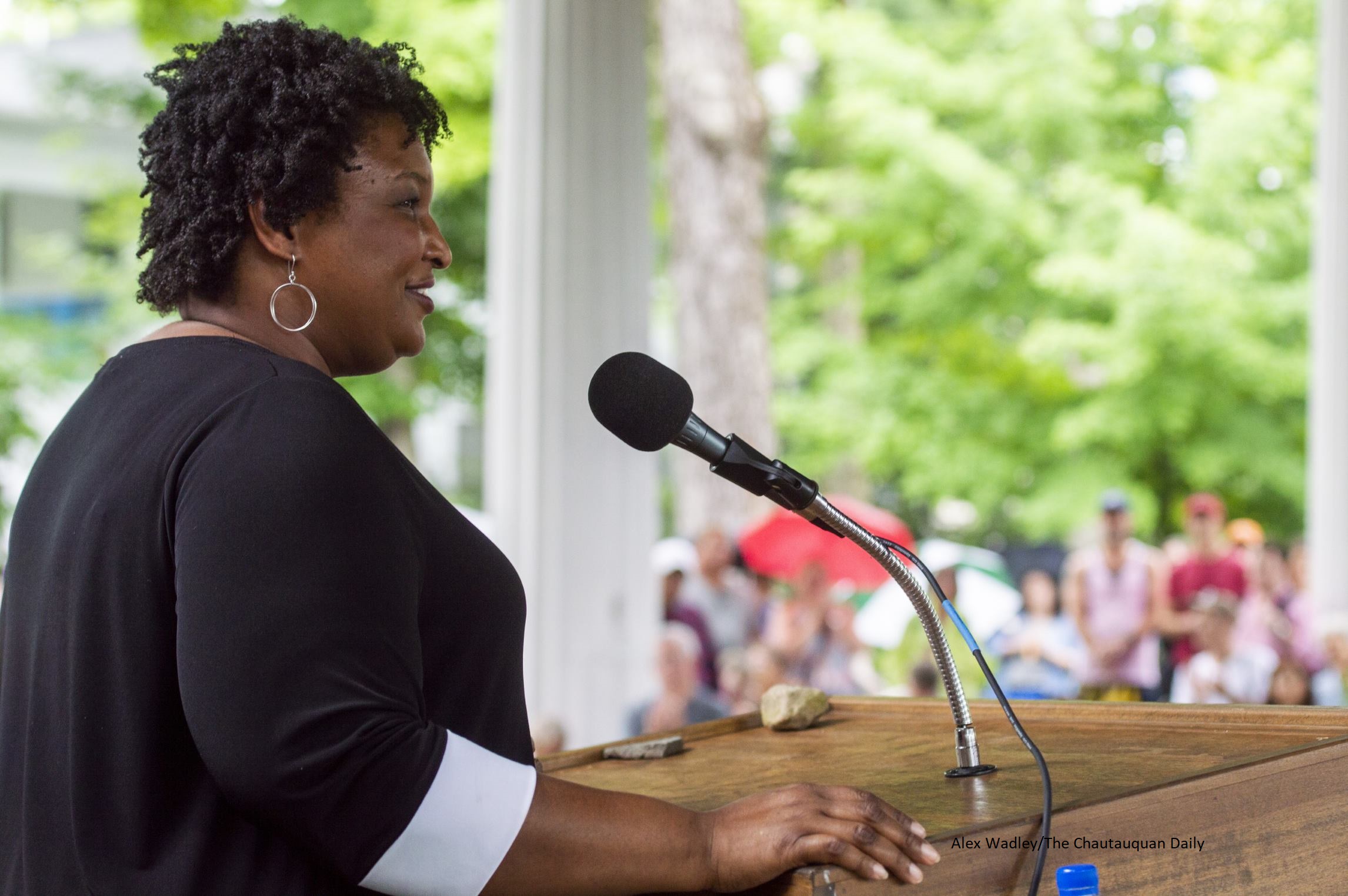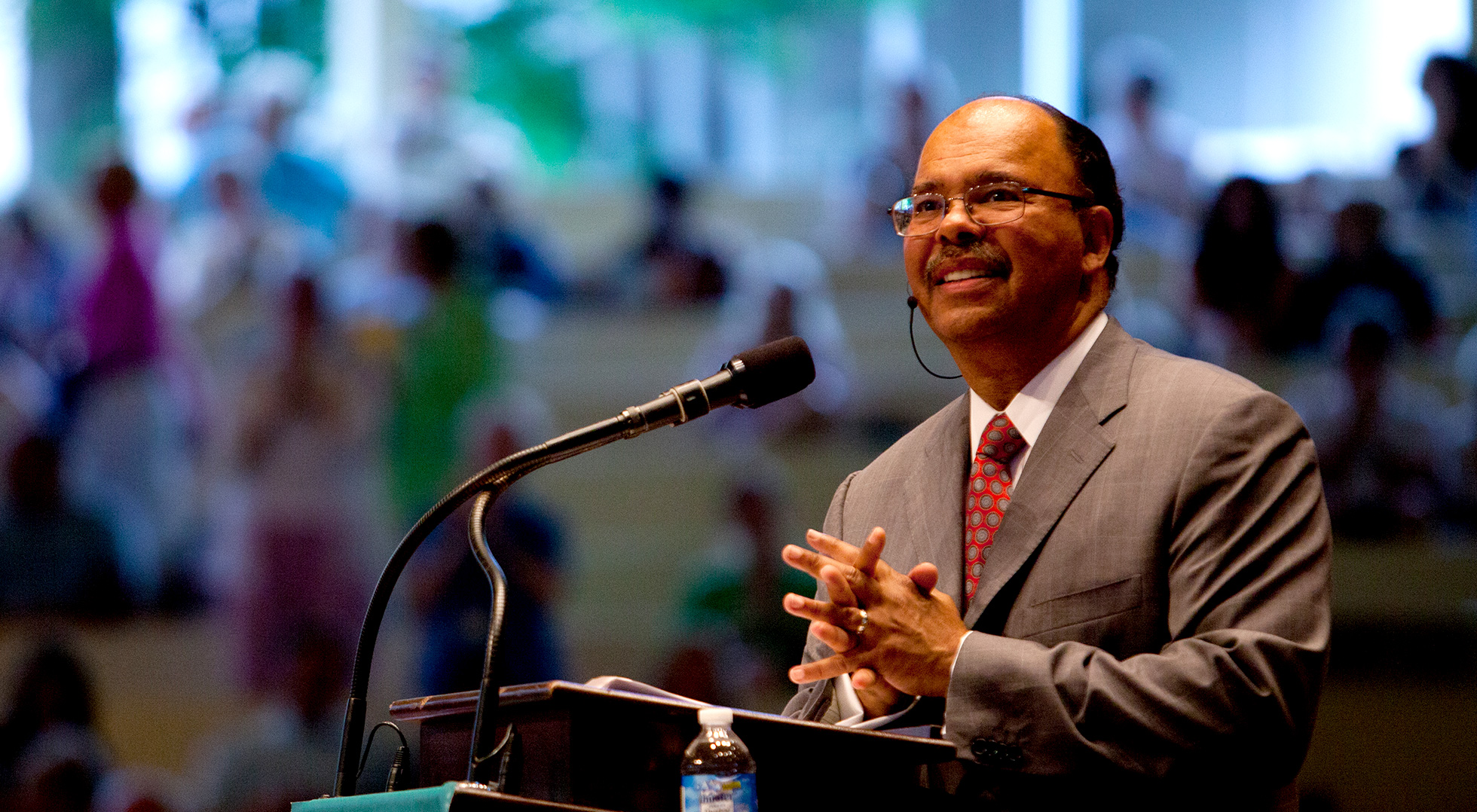Welcome
The African-American Heritage House (AAHH) is an organization informed by the African American Experience, committed to strengthening Chautauqua by encouraging and welcoming diversity, fostering honest conversations, and adding new voices to the programmatic mix. The AAHH is proud to bring quality programming with unique perspectives to the Chautauqua Institution.
Our 2025 Summer Speakers!
The African American Heritage House is thrilled to announce yet one more set of impressive speakers for its 2025 summer season. Each speaker will bring new perspectives and insights to our attendees as each speaker takes on exciting topics for this exceptional year. Please prioritize coming out to see them speak during the Chautauqua Institute summer season (June 21- August 24, 2025) at the Hall of Philosophy, every Wednesday at 3:30 pm.
Week 1: Bivian ‘Sonny’ Lee III, Founder and CEO of Son of a Saint, a New Orleans organization that provides mentorship and opportunities to young boys who have lost their fathers. Inspired by the loss of his own father, an NFL defensive back for the New Orleans Saints, Sonny has established a successful organization that serves over 350 boys annually.
Week 2: Dr. Julia Robinson Moore, Associate Professor of Religion and an Affiliate Faculty member in the Department of Africana Studies & History at UNC Charlotte. She is also the principal director of The Preserving Sacred Spaces Initiative (PSSI). Her most recent book, Race, Religion, and the Pulpit: Reverend Robert L. Bradby and the Making of Urban Detroit (2015 and republished in 2024), explores the history of the first Black Baptist Church in Detroit and its partnership with influential figures like Henry Ford and Clarence Darrow during the Great Migration.
Week 3: Dr. Raymond O. Arsenault, back by popular demand, is the John Hope Franklin Professor of Southern History and Chairman of the Department of History and Politics at the University of South Florida, St. Petersburg. He is an esteemed expert in the political, social, environmental, and civil rights history of the American South.
Week 4: Dr. Christopher Cameron, Professor of History at UNC Chapel Hill is currently writing a book entitled Liberal Religion and Race in America, focused on the role and history African Americans have played in religious liberalism. He previously published To Plead Our Own Cause: African Americans in Massachusetts and The Making of the Antislavery Movement and Black Freethinking: A History of African American Secularism.
Week 5: Dr. Spencer Crew, Clarence J. Robinson Professor of History at George Mason University and Emeritus Director of the National Museum of African American History and the National Museum of American History. Previously, he served as the president of the National Underground Railroad Freedom Center and spent twenty years at the Smithsonian Institution.
Week 6: Paige Alexander, CEO of The Carter Center. Alexander has a distinguished global development career, with over two decades of experience spanning the government and nonprofit sectors. She has held senior leadership positions at two regional bureaus of the US Agency for International Development (USAID).
Week 7: Rev. Shavon Arline-Bradley, President and CEO for the National Council of Negro Women (NCNW), bringing 21 years of experience in healthcare, diversity, equity, and inclusion, government affairs, and executive leadership. She is the founding principal and CEO of R.E.A.C.H. Beyond Solutions, a public health, advocacy, and leadership firm.
Week 8: Asha Castleberry-Hernandez, Adjunct Fellow at the American Security Project. Castleberry has over a decade of experience working as a Middle East Policy Expert in the public and private sectors, including serving the Biden-Harris Administration as a Senior Advisor (Senior Executive Service) in the Bureau of Near Eastern Affairs (Middle East Policy) in the U.S. State Department.
Week 9: Sheffield Hale, President and CEO, Atlanta History Center. Hale maintains the 175,000 sq. foot museum because of his dedication and enthusiasm to preserve and explore Atlanta’s history. Under Hale’s leadership, the center has led the Confederate Monument Initiative, providing historical information and tools to communities addressing the role of Confederate-focused monuments.
AAHH has activities every week throughout the summer season! Come connect at any of our regular weekly events
